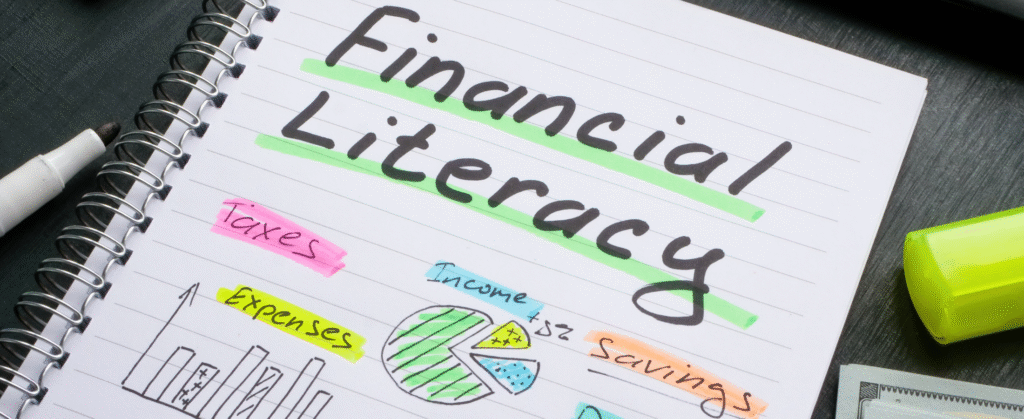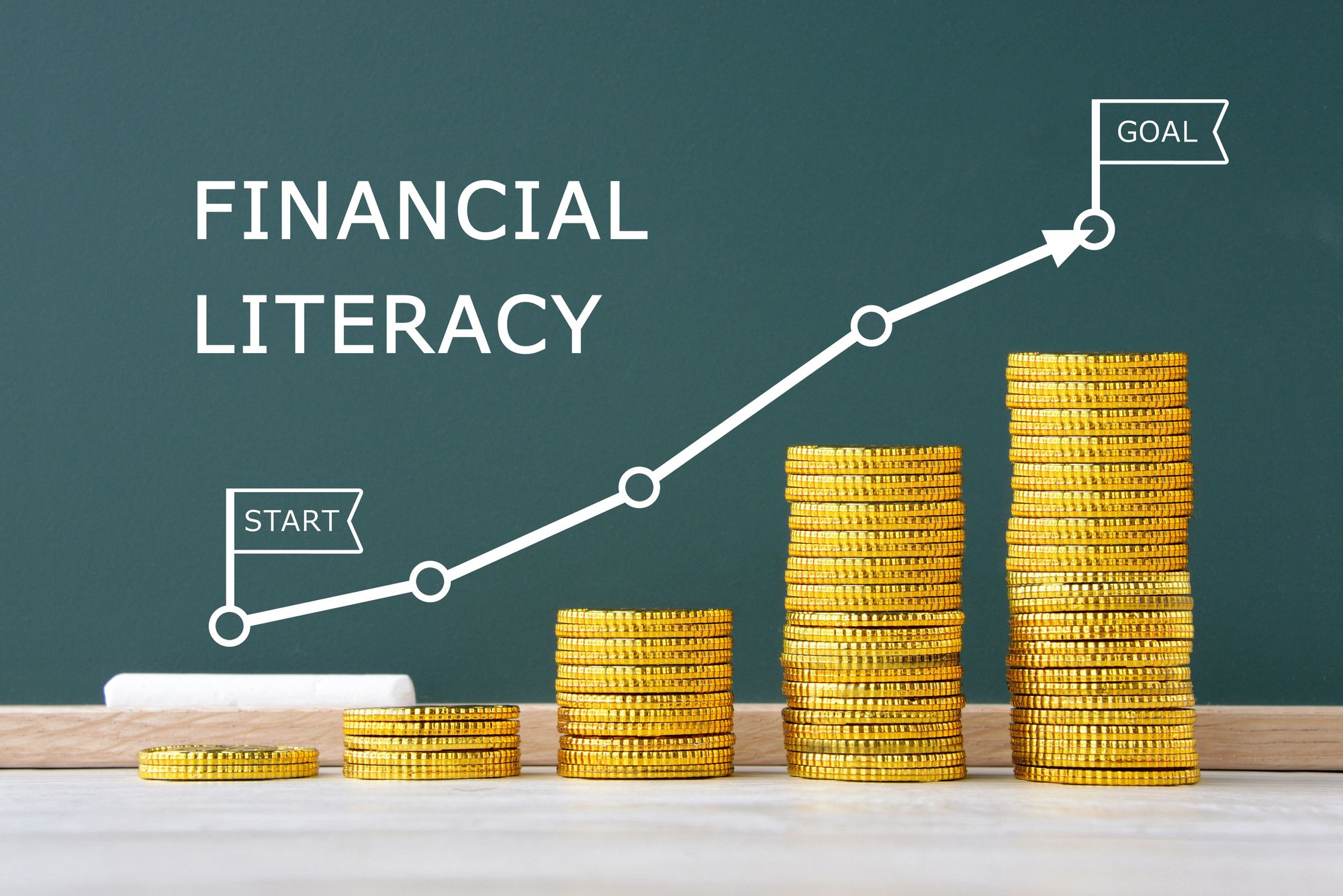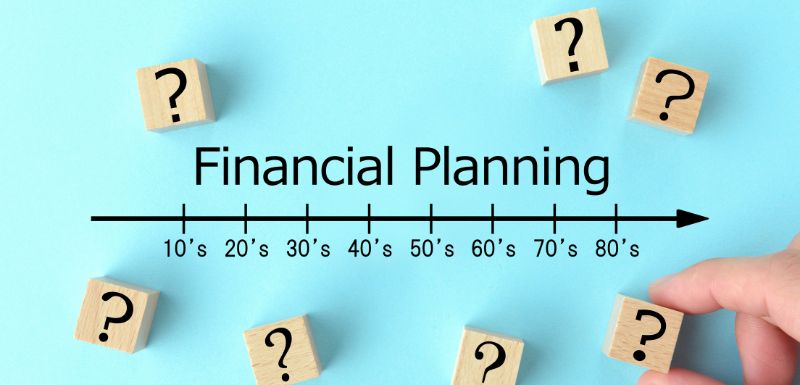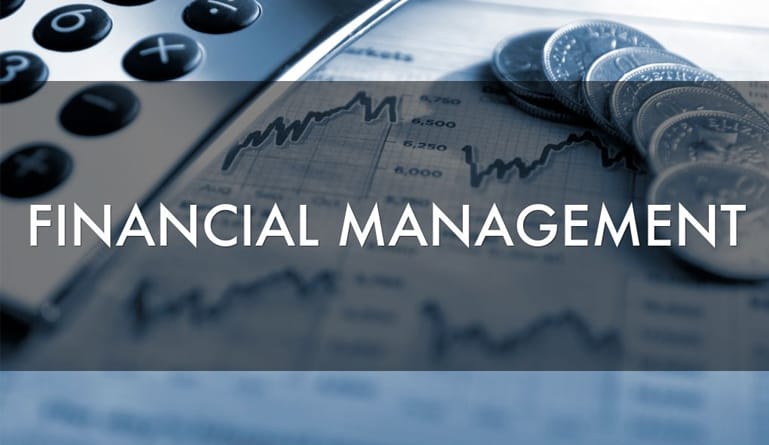Financial literacy is the cornerstone of personal and financial success. It empowers individuals to make informed decisions about money, understand the complexities of financial products, and plan for a secure future. But how exactly can financial literacy transform your life? This article explores the profound impact that understanding money management and financial principles can have on your overall well-being and future.
Key Takeaway
Financial literacy is a powerful tool that transforms lives by providing clarity, control, and confidence over money matters. It enables better budgeting, smarter debt management, intentional saving, informed investing, and strong goal setting. Investing time and effort into improving your financial literacy can lead to greater financial stability, peace of mind, and freedom.
Understanding Financial Literacy

At its core, financial literacy refers to the knowledge and skills necessary to manage money effectively. It involves understanding concepts such as budgeting, saving, investing, debt management, credit scores, and retirement planning. The more financially literate you are, the better equipped you are to make choices that positively affect your financial health.
Financial literacy is not innate; it’s a learned skill that can be cultivated at any stage in life. Yet, many individuals lack this crucial knowledge, leading to poor financial decisions that can have long-lasting consequences.
Financial literacy is the foundation upon which sound personal finance decisions are built. At its essence, financial literacy is the ability to understand and effectively use various financial skills, including personal financial management, budgeting, and investing. It is a critical life skill that enables individuals to navigate the complex world of money with confidence and competence.
What Is Financial Literacy?
Financial literacy means having the knowledge, skills, and confidence to make informed and effective decisions regarding all aspects of your money. This includes understanding how to:
- Manage day-to-day expenses and create budgets
- Save money for short-term and long-term goals
- Use credit wisely and understand how debt works
- Invest to grow wealth and prepare for retirement
- Understand taxes and how they affect your income and investments
- Protect yourself financially through insurance and estate planning
Being financially literate helps you avoid common pitfalls such as overspending, accumulating excessive debt, or falling victim to financial scams.
Why Is Financial Literacy Important?
In today’s world, financial products and services are more accessible but also more complex. Without financial literacy, it’s easy to make poor decisions that can lead to financial stress, missed opportunities, or even long-term hardship.
Financial literacy empowers you to:
- Take Control of Your Financial Life: Make intentional choices rather than reactive or emotional ones.
- Plan for Your Future: Understand the importance of saving and investing early.
- Avoid Debt Traps: Recognize harmful debt and learn how to manage or avoid it.
- Build Wealth: Use knowledge about investing and compound growth to increase your financial resources.
- Achieve Financial Goals: Set realistic goals and create strategies to meet them.
Core Components of Financial Literacy

Understanding financial literacy means mastering several key areas:
Budgeting and Money Management
Budgeting involves tracking your income and expenses to ensure you live within your means. It’s about prioritizing spending on needs, managing wants, and setting aside money for savings or debt repayment.
Effective money management helps you avoid overdrafts, late payments, and financial surprises.
Saving and Emergency Funds
Financial literacy teaches the importance of saving regularly, both for planned expenses and emergencies. Having an emergency fund (typically 3 to 6 months of living expenses) protects you from unexpected financial shocks without resorting to credit.
Credit and Debt Understanding
Knowing how credit works, the impact of interest rates, and how to maintain a good credit score is vital. Financial literacy helps you use credit cards and loans responsibly and avoid the pitfalls of high-interest debt.
Investing Basics
Investment knowledge includes understanding stocks, bonds, mutual funds, retirement accounts, and risk management. It enables you to grow your wealth over time rather than relying solely on earned income.
Taxes and Legal Awareness
Understanding how taxes affect your income, investments, and purchases helps you plan better. Knowledge of tax-advantaged accounts and deductions can save money and boost savings.
How Financial Literacy Affects Everyday Life
Financial literacy affects decisions ranging from small daily choices to major life events:
- Choosing the right bank account or credit card
- Deciding how much to borrow for a car or home
- Planning for education costs or retirement savings
- Navigating financial crises, such as job loss or medical emergencies
- Evaluating insurance policies or investment opportunities
Financial Literacy and Emotional Well-being
Money is often linked to stress and anxiety. Financial literacy helps reduce this burden by providing confidence and control. When you understand how to manage your money, you’re less likely to worry about bills, debt, or the future.
How to Improve Your Financial Literacy
Improving your financial literacy is a crucial step toward achieving financial freedom and security. It equips you with the knowledge and skills to manage your money wisely, avoid costly mistakes, and plan for your future confidently. Unlike some skills that take years to develop, financial literacy can be improved progressively with intentional effort, practical experience, and the right resources.
Here’s a detailed roadmap to enhance your financial literacy effectively:
Start with the Basics: Understand Key Financial Concepts
Before diving into complex topics, build a solid foundation by learning the essentials of personal finance:
- Budgeting: Learn how to track income and expenses, differentiate between needs and wants, and create a sustainable spending plan.
- Saving: Understand the importance of saving money regularly and building an emergency fund.
- Debt Management: Know the different types of debt, how interest works, and strategies to avoid or pay off debt efficiently.
- Credit Scores: Discover what credit scores are, how they are calculated, and why they matter.
- Investing Basics: Familiarize yourself with stocks, bonds, mutual funds, retirement accounts, and the concept of risk versus reward.
Tip: Use simple, beginner-friendly books, blogs, or videos to grasp these topics.
Use Reputable Educational Resources
The internet is packed with information, but not all of it is accurate or useful. Focus on high-quality, trustworthy sources to deepen your financial knowledge:
- Books: Some popular titles include The Total Money Makeover by Dave Ramsey, Rich Dad Poor Dad by Robert Kiyosaki, and Your Money or Your Life by Vicki Robin.
- Online Courses: Platforms like Coursera, Khan Academy, or Udemy offer free or affordable courses on personal finance.
- Podcasts: Listen to finance podcasts like The Dave Ramsey Show, BiggerPockets Money, or The Clark Howard Podcast.
- Government and Non-Profit Sites: Websites like the Consumer Financial Protection Bureau (CFPB) or National Endowment for Financial Education (NEFE) provide reliable guidance.
Tip: Dedicate a set time weekly to read or listen to these materials to build consistent learning habits.
Create and Stick to a Budget

Budgeting is one of the most effective ways to put financial literacy into practice. It helps you control your spending, save more, and avoid debt.
- Track your income and every expense for at least a month.
- Categorize your expenses (housing, food, entertainment, etc.).
- Set spending limits for each category.
- Adjust your budget monthly to reflect changes or goals.
Using budgeting apps like Mint, YNAB (You Need A Budget), or PocketGuard can simplify this process by automating expense tracking and giving visual feedback.
Practice Saving Consistently
Financial literacy teaches the importance of saving regularly. Start small if needed but be consistent:
- Open a dedicated savings account separate from your checking account.
- Set automatic transfers to savings each paycheck.
- Aim to build an emergency fund that covers at least 3 to 6 months of living expenses.
- Save for short-term goals (vacations, gadgets) and long-term goals (home, retirement).
Tip: Treat your savings contribution as a fixed monthly “bill” to avoid skipping it.
Manage Debt Responsibly
Debt can be a major obstacle to financial health. Financial literacy empowers you to handle debt wisely:
- Understand the difference between “good debt” (e.g., mortgages, student loans) and “bad debt” (e.g., high-interest credit cards).
- Prioritize paying off high-interest debt first using methods like the debt avalanche (paying debts with highest interest first) or debt snowball (paying smallest balances first for motivation).
- Avoid taking on unnecessary debt.
- Regularly check your credit report for accuracy and fraud.
Start Investing Early and Wisely
Investing is essential for growing wealth and achieving financial goals beyond saving.
- Learn about different investment vehicles such as stocks, bonds, mutual funds, ETFs, and retirement accounts like 401(k) and IRAs.
- Understand risk tolerance and diversification to minimize losses.
- Use tax-advantaged accounts to maximize growth.
- Consider low-cost index funds or robo-advisors for beginners.
Tip: Even small, regular contributions to investments can compound significantly over time.
Keep Up with Financial News and Trends
The financial world changes constantly. Staying informed helps you make timely decisions and spot opportunities:
- Follow reputable financial news sites like Bloomberg, CNBC, or The Wall Street Journal.
- Subscribe to newsletters or follow financial experts on social media.
- Attend webinars or local seminars about investing, taxes, or retirement planning.
Seek Professional Advice When Needed
Sometimes, complex financial situations require expert guidance. Financial literacy means knowing when to seek help:
- Consult certified financial planners (CFPs) for retirement, investment, or tax planning.
- Use credit counselors if you’re struggling with debt.
- Speak to accountants for tax optimization.
Be sure to verify credentials and avoid unlicensed advisors or salespeople.
Engage in Open Financial Conversations
Talking about money can break taboos and provide new insights:
- Discuss financial goals and challenges with trusted family or friends.
- Join financial literacy groups or forums online.
- Participate in workplace financial wellness programs.
This openness promotes accountability and learning from others’ experiences.
Reflect and Adjust Regularly
Financial literacy is not static—it requires ongoing reflection and adaptation:
- Review your budget, savings, and investments quarterly.
- Adjust goals based on life changes such as marriage, children, or job shifts.
- Celebrate progress to stay motivated.
The Role of Technology in Financial Literacy
Technology has made financial literacy more accessible. Online courses, podcasts, budgeting apps, and robo-advisors allow people to learn and manage finances efficiently. However, it’s essential to use reliable sources and understand digital risks.
The Transformative Power of Financial Literacy
| Aspect | How Financial Literacy Transforms It | Impact on Your Life |
|---|---|---|
| Budgeting & Spending Habits | Enables creating and following realistic budgets, tracking expenses effectively | Helps control spending, avoid unnecessary expenses, and increase savings |
| Debt Management | Provides understanding of interest rates, loan terms, and responsible borrowing | Reduces high-interest debt, improves credit scores, and lowers financial stress |
| Savings & Emergency Funds | Encourages regular saving and building safety nets | Offers financial security and peace of mind during unexpected events |
| Investment Knowledge | Teaches basics of stocks, bonds, retirement accounts, and risk diversification | Allows wealth growth, retirement readiness, and financial independence |
| Financial Goal Setting | Helps set clear, actionable, and realistic financial goals | Enables steady progress toward milestones like buying a home or funding education |
| Protection Against Fraud | Increases awareness of scams, fraud, and how to safeguard personal finances | Minimizes risk of financial loss and identity theft |
| Stress & Confidence | Builds confidence in managing money and reduces financial anxiety | Improves overall mental well-being and quality of life |
| Financial Independence | Empowers decision-making that leads to financial freedom | Creates opportunities for lifestyle choices and long-term stability |
| Informed Decision-Making | Provides knowledge to evaluate financial products and services critically | Avoids costly mistakes and maximizes financial benefits |
| Long-Term Planning | Promotes understanding of retirement, insurance, and estate planning | Ensures preparedness for future life stages and unexpected events |
Financial literacy transforms lives by enabling people to take control of their finances rather than letting money worries control them. This empowerment can manifest in many ways:
- Improved Budgeting and Spending Habits
Being financially literate allows you to create and follow a realistic budget. You gain the ability to track expenses, prioritize needs over wants, and reduce unnecessary spending. This discipline is the first step toward accumulating savings and avoiding debt. - Smart Debt Management
Understanding how debt works—interest rates, repayment terms, and credit scores—enables better decision-making. Financially literate individuals know how to use credit responsibly, avoid high-interest debts, and develop repayment plans that minimize financial strain. - Building Savings and Emergency Funds
Financial literacy encourages saving regularly, creating a safety net for unforeseen expenses. This preparedness reduces stress and prevents reliance on loans or credit cards during emergencies. - Informed Investing
When you understand investment options and risk management, you can grow your wealth effectively. Financial literacy dispels fear of investing by teaching how to build a diversified portfolio, understand market trends, and plan for retirement. - Setting and Achieving Financial Goals
With financial literacy, goal setting becomes intentional and actionable. Whether it’s buying a home, funding education, or preparing for retirement, you learn how to break down these goals into manageable steps. - Protection Against Fraud and Scams
Knowledge is a powerful defense against financial scams and fraud. Financial literacy helps you recognize warning signs and protect your assets. - Enhancing Overall Quality of Life
The confidence that comes with financial literacy reduces anxiety about money and opens doors to new opportunities—such as entrepreneurship, education, and travel—enriching life experiences.
Common Barriers to Financial Literacy
Despite its importance, many people face obstacles to becoming financially literate, such as lack of education, cultural taboos about money, or overwhelming financial products. Overcoming these barriers involves seeking resources, asking questions, and being open to learning.
How to Improve Your Financial Literacy
- Start with Basics: Learn about budgeting, saving, credit, and debt.
- Use Reputable Resources: Books, podcasts, online courses, and financial advisors.
- Practice Consistently: Apply your knowledge by creating budgets and managing your money actively.
- Stay Updated: Financial landscapes change, so continuous learning is key.
- Engage in Discussions: Talk about money with trusted friends or family to build comfort and knowledge.
Also Read: Are You on the Right Path to Financial Freedom?
Conclusion
Financial literacy is more than just understanding money; it is about empowering yourself to take charge of your financial destiny. When you develop a strong foundation of financial knowledge, you unlock the ability to make confident decisions, avoid costly mistakes, and build wealth sustainably.
The journey toward financial literacy is ongoing. The more you learn and apply, the more your life transforms—turning stress into security, confusion into clarity, and dreams into achievable goals.
FAQs
1. Why is financial literacy important?
Financial literacy is crucial because it equips you with the skills to manage your money effectively, avoid debt, save, and invest for your future.
2. Can financial literacy prevent debt?
Yes. Understanding how debt works and how to budget properly can help you avoid unnecessary borrowing and manage repayments responsibly.
3. At what age should I start learning about financial literacy?
The sooner, the better. However, it’s never too late to start learning and applying financial principles to improve your situation.
4. How can financial literacy improve my credit score?
By understanding credit reports, timely payments, and responsible borrowing, you can maintain and improve your credit rating.
5. What resources are best for learning financial literacy?
Books like The Total Money Makeover, podcasts, government websites, community workshops, and financial counselors are excellent starting points.
6. How does financial literacy affect retirement planning?
It helps you understand how much to save, where to invest, and how to maximize retirement accounts, ensuring a comfortable future.
7. Can financial literacy help me start a business?
Absolutely. It teaches budgeting, funding options, and managing cash flow—all essential for entrepreneurial success.



